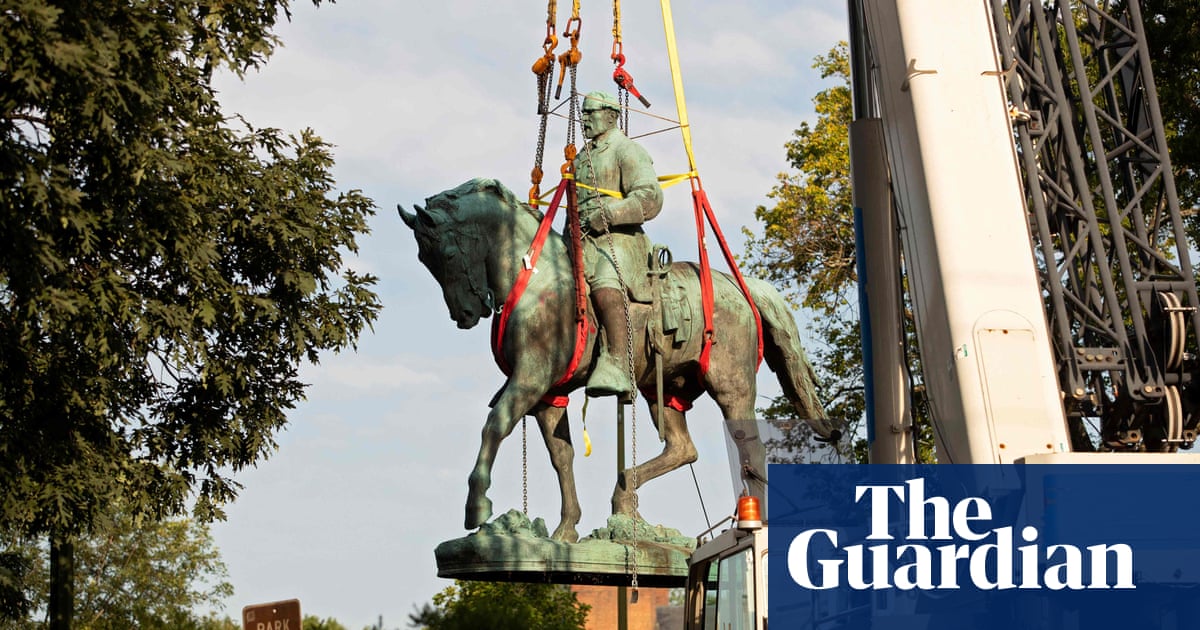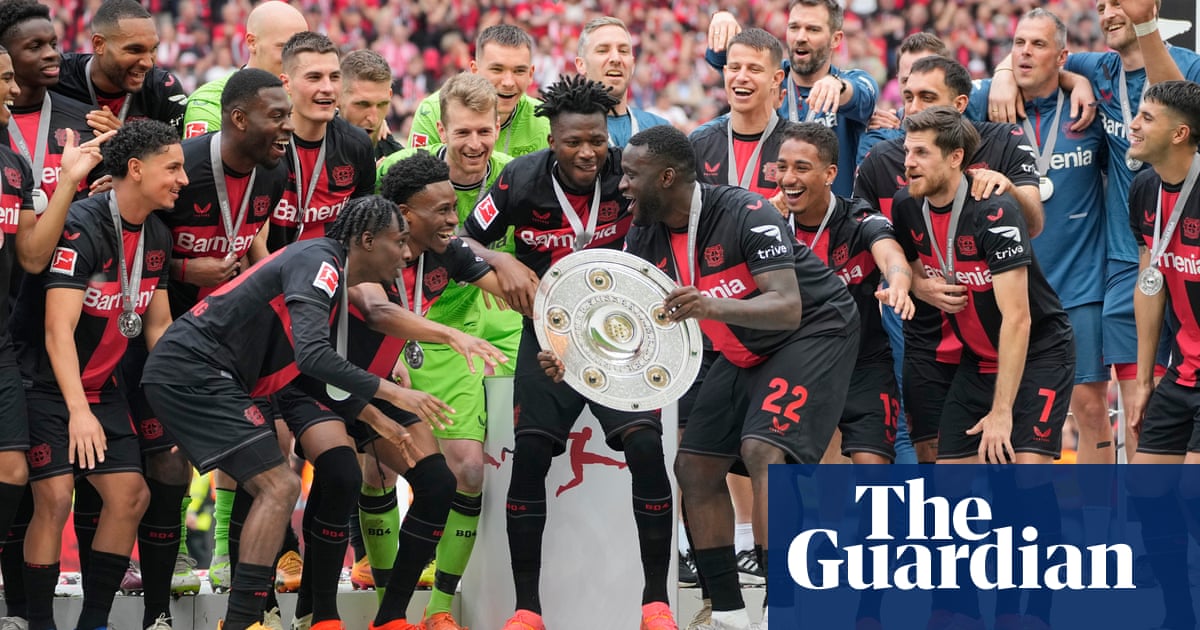A high-ranking officer in the British special forces told police the SAS were committing war crimes by murdering prisoners in Afghanistan, it emerged today.
Known only as N1466 the officer risked the safety of his family when he claimed 'cancer had infected' a particular unit of the SAS.
Between 2009 and 2013 he was responsible for all SAS overseas operations- meaning he focused on British military activity in Afghanistan.
According to a Sunday Times investigation the officer tipped police off about a safe which held a dossier of evidence from a SAS soldier detailing allegations of murder.
The officer's actions caused a massive inquiry with 6,000 classified documents being disclosed by the Ministry of Defence.
A high-ranking officer in the British special forces told police the SAS were committing war crimes by murdering prisoners in Afghanistan , it emerged today (stock image)
Within the files are witness accounts from serving soldiers, emails to Number 10 warning of the crisis, as well as diares of police investigators.
Foreign Secretary David Cameron was the Prime Minister in the years the allegations relate to.
Detectives from the Royal Military Police- which investigates allegations of wrongdoing within the Forces- kept diaries alleging a covering up operation.
Within their notes investigators said weapons were allegedly planted on the bodies of the deceased and a raft of top-secret computer files relating to the SAS were deleted.
Johnny Mercer, Conservative MP and then a Defence Minister, wrote in emails that he believed the SAS was guilty of wronging during the war.
But a civil servant toned down Mr Mercer's email arguing 'bland is best'.
Johnny Mercer is a veteran of Afghanistan and served as a Defence Minister from 2019-2021
Members of the Afghan Special Forces units CF 333 and ATF 444 – dubbed the Triples – fought alongside the SAS (File image)
The inquiry was eventually shut down- but subsequent stories by The Sunday Times and the BBC put pressure on the government to open up a fresh inquiry.
This is called the Independent Inquiry relating to Afghanistan and documents released from this revealed to the newspaper the decision by N1466 to make his claims.
In the raft of emails, letters and documents released, a lieutenant colonel wrote: 'I find it quite incredible the amount of Bs [Afghan males, Bravos] that [the SAS unit] send back into a building who then decide to get weapons/grenades and engage the [SAS unit] knowing that it will achieve nothing.'
In certain emails relating to a particular raid commanders stopped calling victims EKIA, meaning enemy killed in action- and changed to EJK- extra-judicial killings.
While the Chief of Staff said: 'There appears to be a casual disregard for life, [military] principles and credible reporting.'
SAS raids were often completed late at night and were susposed to target bomb makers and terrorists.
But emails allege civilians were killed and then had weapons planted on them to make it look as though they were combatants.
The Afghanistan Inquiry, chaired by Sir Charles Haddon-Cave, is looking at whether there is any evidence to support claims the British Army unlawfully killed people in Afghanistan between 2010 to 2013.
Sir Charles Haddon-Cave chair of the Independent Inquiry relating to Afghanistan
A Ministry of Defence spokesperson said: 'We established the Independent Inquiry relating to Afghanistan which is investigating alleged unlawful activity by UK Special Forces during Deliberate Detention Operations between mid-2010 to mid-2013. The MOD is fully committed to supporting the Inquiry as it continues its work.
'It is not appropriate for us to comment on allegations which may be within the scope of the Statutory Inquiry, or speculate on outcomes. It is up to the Statutory Inquiry Team, led by Lord Justice Haddon-Cave, to determine which allegations are investigated.'

 1 week ago
1 week ago
.png)









